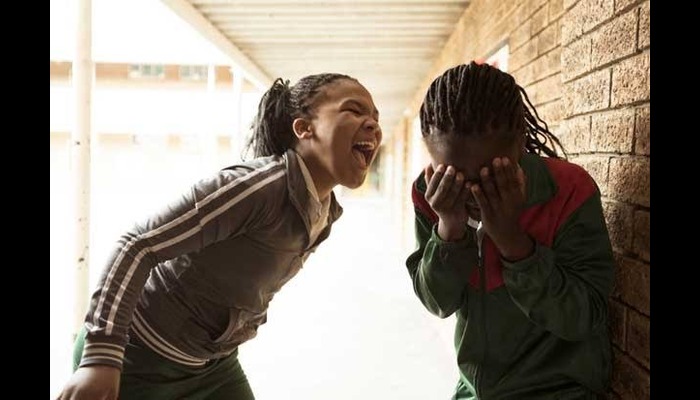By Oluwagbeminiyi Ayokunle
Bullying remains a major issue in Nigerian schools, with detrimental effects on the physical, emotional, and psychological well-being of students.
Despite its prevalence, with studies showing that bullying occurs in 70-85% of Nigerian schools, there is a lack of comprehensive anti-bullying policies to address this problem directly. This needs to change, with a focus on bullying at every level of education.
Recent Cases of Bullying in Schools
The Abuja International School Incident
The recent cases of bullying and physical harassment at the Lead British International School, Abuja, have brought attention to the menace of bullying in Nigerian schools. A deluge of videos surfaced online, in it a female student was seen slapping a classmate repeatedly.
The Uyo Deeper Life High School Case
In 2021, a story broke about Don Davis, an 11-year-old Junior Secondary School student at Deeper Life High School, Uyo. Davis’s mother, Deborah Okezie, posted his photos and videos on social media, describing how the young lad was physically and sexually molested by his seniors, and starved by the school authority for bedwetting.
The Fight or Flight Dilemma
Fighting Back: Risks and Consequences
When faced with bullying, a child may consider fighting back as a means of self-defense or retaliation. However, this decision comes with significant risks and potential consequences. If the child fights back and seriously harms the bully, they may face disciplinary action from the school or even legal consequences. Additionally, the bully may escalate the situation, leading to further harm for the victim.
Not Fighting Back: Perception of Cowardice
On the other hand, choosing not to fight back may be perceived as a sign of weakness or cowardice by peers, potentially subjecting the victim to further bullying and social isolation. This dilemma often leaves victims of bullying in a difficult position, feeling trapped between the consequences of retaliation and the continuation of abuse.
The Connection to Domestic Violence
There is a strong link between domestic violence and bullying behavior in children. Children who witness or experience domestic violence in their homes may be more likely to exhibit bullying behavior towards their peers.
This cycle of violence can perpetuate across generations, as children who are bullies may grow up to become perpetrators of domestic violence themselves.
How to Tackle Bullying in Nigeria school
Legislative Interventions
To address the issue of bullying in Nigerian schools, there is a need for comprehensive anti-bullying policies backed by a massive anti-bullying campaign.
Countries like the Philippines have enacted the Anti-bullying Act, compelling schools to adopt anti-bullying measures to curb physical, psychological, and cyber-bullying. Nigeria could consider similar legislative interventions..
School Policies and Enforcement
Schools themselves should establish and enforce policies that outline how students are expected to treat one another and the consequences for violation. These policies should be implemented transparently and consistently, with appropriate sanctions for those found guilty of bullying.
Conclusion
Bullying in Nigerian schools is a serious issue that requires immediate attention and action. By implementing comprehensive anti-bullying policies, raising awareness, and fostering a culture of respect and kindness, we can work towards creating a safer and more nurturing environment for our students.








